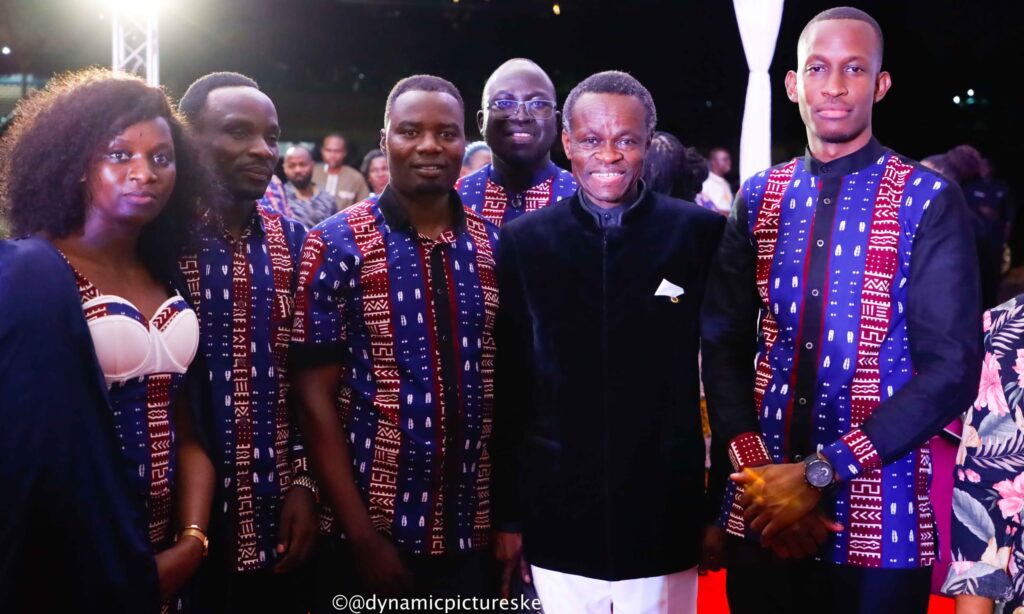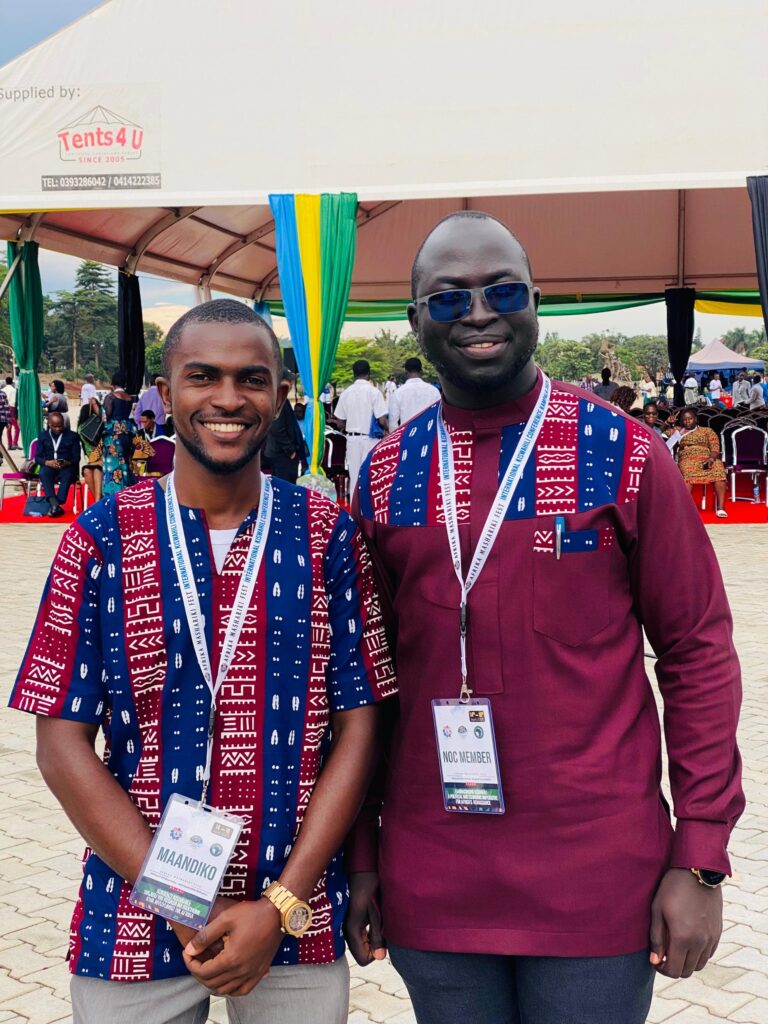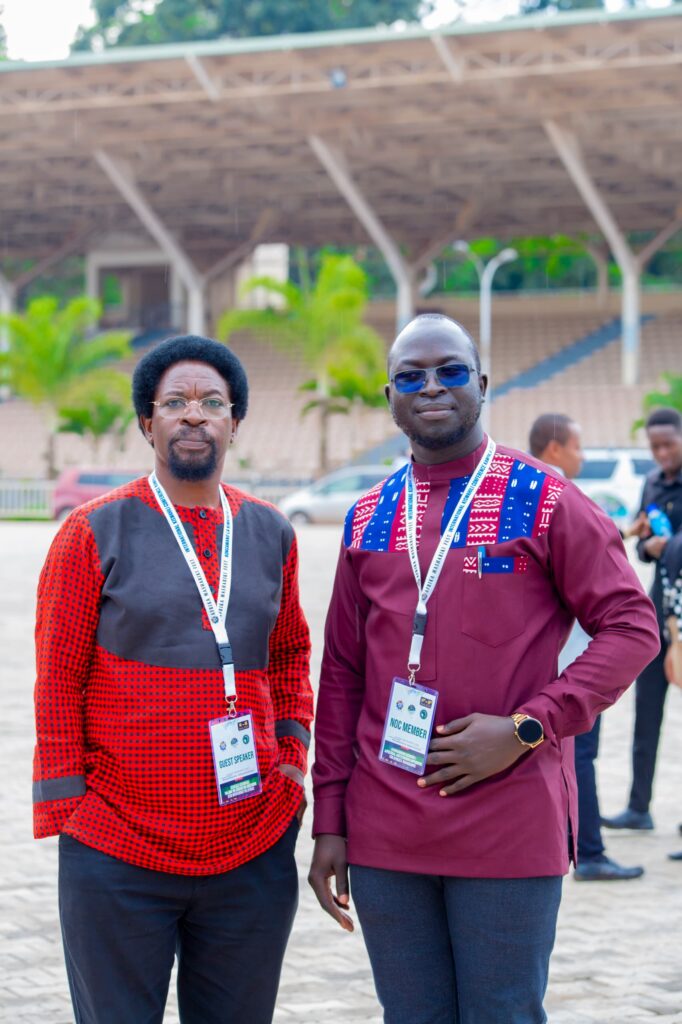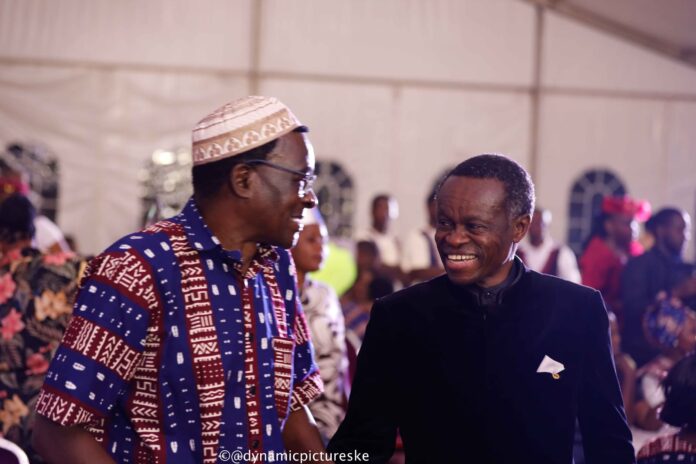Kampala, Uganda – Delegates from across the East African Community (EAC) have strongly urged the Ugandan government to place greater emphasis on promoting Kiswahili, emphasizing the language’s pivotal role in fostering unity and integration among member states. These appeals came during the recently concluded International Kiswahili Conference held from April 14 to 16 at Kololo Independence Grounds in Kampala.

While Uganda’s government has historically expressed a commitment to popularizing Kiswahili, many citizens remain hesitant to embrace the language fully, a challenge repeatedly highlighted by Ugandan and regional stakeholders during the conference. The event brought together thousands of delegates, including university lecturers, cultural leaders, journalists, and policymakers, who deliberated on how to deepen Kiswahili’s roots in society.
Speaking to our reporter, Mr. Odeke Moses, a member of the National Organising Committee and Head of Protocol, stated that Article 6, Clause 2 of the 1995 Ugandan Constitution (as amended) recognized Kiswahili as Uganda’s second official language.

He emphasized the need to fully harness its potential, urging the government to accelerate the popularization of Kiswahili.
"To fully harness its potential, we urge the government to accelerate Kiswahili's popularization by making Kiswahili compulsory in schools and incentivizing Kiswahili teachers," he said.
Mr. Odeke added that such efforts would promote national unity, cultural exchange, and economic opportunities, reinforcing Kiswahili’s role in fostering regional integration and identity.

Participants agreed that for Kiswahili to serve as a genuine unifying tool, it must be mainstreamed through education, media, and government institutions. The conference also shed light on obstacles such as insufficient political prioritization and the competing influence of local dialects and urban slangs like Sheng, which hamper wider Kiswahili adoption.
Ultimately, the conference marked a significant milestone in regional efforts to promote Kiswahili as a language of integration and economic cooperation, with delegates calling on Uganda’s government to lead by example in accelerating language policy reforms and public engagement.
























